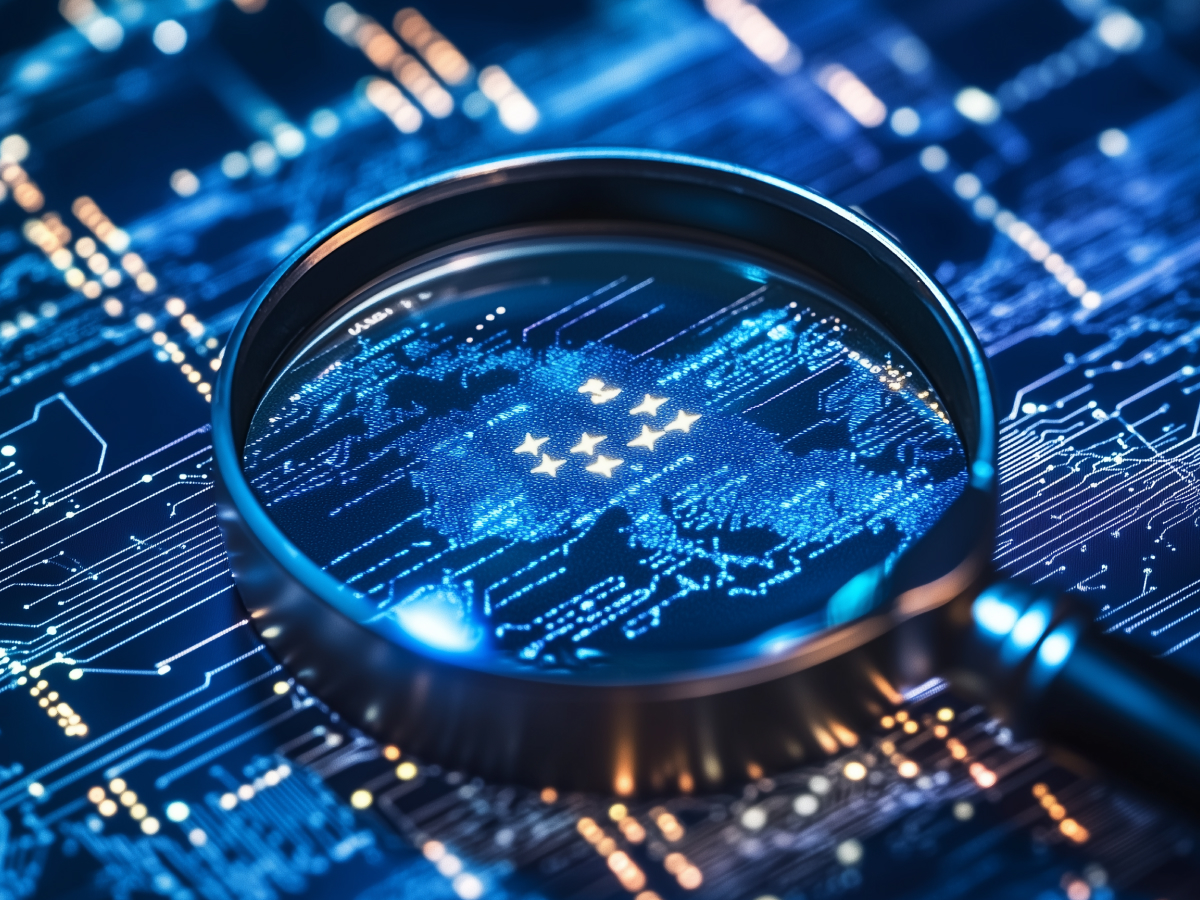1. Europe’s new stance on big tech
Europe has decided to take a closer look at how it handles big tech companies like Apple and Google under the Digital Markets Act (DMA). The focus here is on deciding the future rules of the game for tech giants that control critical ecosystems. The DMA is Europe’s play to level the playing field, targeting “gatekeepers”—companies that dominate their markets to the point of restricting competition. Think about it: this is a framework designed to challenge monopolistic behaviors while keeping innovation intact.
Here’s where it gets interesting. While Europe says it’s just reallocating resources and assessing progress, there’s more to this. The incoming Trump administration (and the lobbying efforts from US tech giants that come with it) seems to be a factor in this recalibration. For Apple and its peers, this creates a pause, a moment to regroup and rethink strategy. After all, the potential fines are serious business—up to 10% of global annual revenue. For Apple, with nearly $400 billion in 2022 revenue, we’re talking tens of billions of dollars at stake. That’s enough to make any boardroom pay attention.
This reassessment doesn’t mean Europe is backing off. It’s a reminder that global regulations are as much about politics as they are about fairness.
2. Why this review is a window of opportunity for Apple
For Apple, this review buys time. Time is valuable—especially when the stakes are as high as redefining the rules of your business model. Apple has always championed its platforms as functional and transformative, offering privacy and security features that no one else quite matches. These are foundational to how Apple operates. What’s smart here is that Apple’s privacy-first philosophy aligns closely with Europe’s own priorities under the General Data Protection Regulation (GDPR).
This alignment isn’t accidental. Apple’s long-standing emphasis on user privacy, dating back to well before it was fashionable, positions the company as a natural ally to regulators who want to protect consumers. During this review period, Apple has the chance to showcase why its ecosystem is uniquely designed to safeguard user data. It can also push for compromises that ensure its platforms remain distinct, without compromising fairness.
Don’t forget that Apple is fighting to keep its competitive edge while showing that innovation and regulation can coexist, from their perspective, that is. That’s a powerful story for policymakers and investors alike.
3. Regulatory change is coming, ready or not
Even with a temporary pause, change is inevitable. Apple’s facing more than just European regulators. Globally, lawsuits and class actions are piling up, all centered on its App Store practices. The accusation? Overcharging consumers and stifling competition through its control over app distribution. Apple, of course, has its counterpoints: most apps are free or low-cost, and the commission it charges funds critical services like security, app review, and platform improvements.
Whether or not regulators or courts side with Apple, the fact that these cases exist signals a broader shift. Governments and consumers are demanding more transparency, more fairness, and, frankly, more choice.
“For a company like Apple, which thrives on controlling the user experience, this push for change is uncomfortable but necessary.”
4. Beyond Europe and Apple’s global balancing act
Apple’s challenges aren’t just about Europe. Look at China. It’s a major hub for Apple’s manufacturing operations, but tighter export checks and travel restrictions are slowing down its efforts to diversify its supply chain to countries like India. Moving operations to India or elsewhere isn’t driven by trying to abandon China, but rather to make sure Apple can weather disruptions, whether from politics, pandemics, or something else entirely.
But diversification isn’t simple. It takes time, money, and people. And when governments impose restrictions on exports or limit the movement of employees. For Apple, this is a balancing act: maintaining relationships in China while building a more resilient supply chain elsewhere.
“The lesson here is universal. In today’s global economy, you can’t afford to have all your eggs in one basket.”
Companies that figure out how to diversify while staying agile will lead the pack. And knowing Tim Cook’s track record, Apple will aim to redefine how multinational companies address these challenges.
Key takeaways for executives
- Regulatory shifts and compliance risks: Europe is revisiting its regulatory approach to big tech under the Digital Markets Act (DMA), which could delay fines and decisions, providing Apple and others with a temporary window to influence outcomes. Companies in similar situations should reassess their regulatory strategies and consider how to leverage this window to negotiate more favorable terms.
- Opportunities for lobbying and influence: Apple’s focus on user privacy aligns with European values under GDPR, positioning the company to advocate for a more favorable regulatory environment. This gives Apple an opportunity to highlight its unique ecosystem while maintaining competitive advantages. Tech firms should align their privacy and security strategies with evolving regulatory priorities to gain leverage in ongoing regulatory discussions.
- Legal and operational risks beyond Europe: Apple faces ongoing class-action lawsuits globally, including accusations of overcharging via its App Store, signaling potential future legal and regulatory challenges. Companies should prepare for the long-term impact of class-action lawsuits and regulatory actions, making sure their pricing and market practices can withstand scrutiny.
- Global supply chain and geopolitical challenges: Apple’s supply chain diversification efforts are being hindered by political and operational hurdles, particularly in China. Tightened export checks and travel restrictions complicate its efforts to shift operations to alternative markets like India. Leaders should accelerate efforts to diversify supply chains and reduce dependence on any single region, while staying agile in response to evolving geopolitical conditions.





